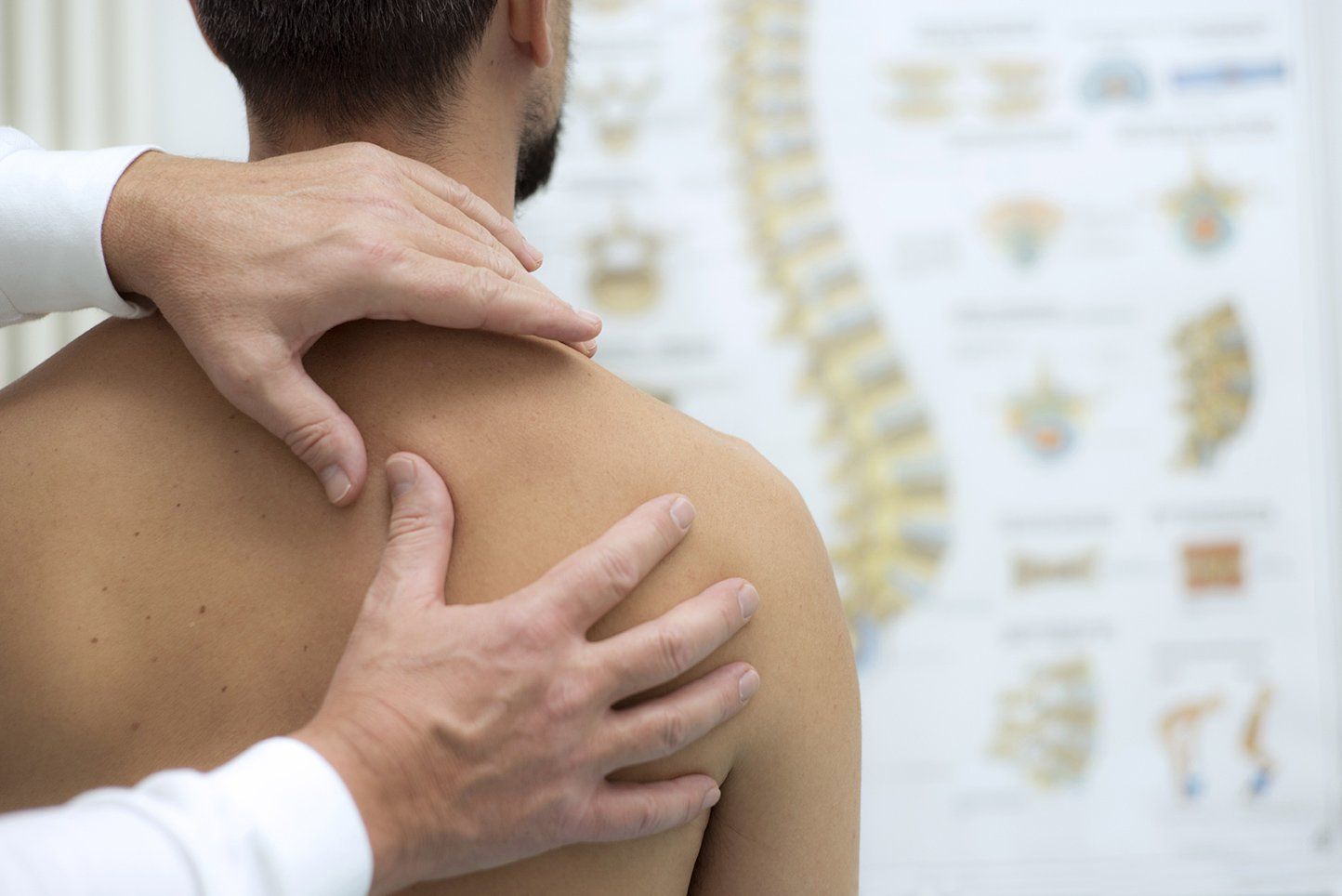Blog Layout
WHAT IS MENTAL HEALTH?
March 17, 2021
WHAT IS MENTAL HEALTH?
Mental health, defined in the Diagnostic and Statistical Manual of Mental Disorders (DSM), is the "whole system of the mental health of an individual." It is "the ability to enjoy life to the fullest," "the ability to work productively at work and at home," and "the capacity to establish and maintain relationships." It does not encompass symptoms like hallucinations, delusions, or mania. Mental health includes the ability to enjoy one's life and to be a productive, responsible adult.
The most common mental health disorders are anxiety disorders, personality disorders, depression, psychosis, post-traumatic stress disorder, schizophrenia, bipolar disorder, autism spectrum disorder, obsessive-compulsive disorder, and post-traumatic stress disorder (PTSD). Anxiety, as the name suggests, arises when a person worries constantly about symptoms such as a feeling of fear or panic, feeling that things are out of control, or difficulty in sleep, and avoiding potentially harmful situations. The other main symptom is the inability to face the fears. If this occurs on a daily basis for more than six months or if it lasts longer than two years, you should have a doctor check you out.
Personality disorders include mood disorders, dependent, and paranoid. Dependent personality disorders are those caused by past painful experiences, whereas dependent personality disorders are those brought about by past failures, and paranoid are a result of exaggerations of one's environment. Psychotic people experience strange thoughts or behaviors, including delusions, or hallucinations. When a patient has a bipolar disorder, he or she must be seen by a psychiatrist, because it can be deadly. Some of the symptoms of these mental illnesses include impulsivity, hypomania, mania, and depression.
Other symptoms include an obsession with money, gambling, overeating, and time spent on self-destructive behavior. It is important to seek help as soon as possible, because these issues can worsen into a serious mental health disorder, such as schizophrenia or bipolar disorder, which requires professional treatment. Anxiety, panic attacks, obsessive-compulsive disorder, and suicidal thoughts are signs of abnormal mental health disorders that need to be addressed. The best way to treat these symptoms is through cognitive behavioral therapy, medication, relaxation techniques, exercise, dietary modification, and mental exercises.
The good news is, everyone can get better mentally. If you or a loved one has poor mental health, it does not mean that you are doomed to live the rest of your life like the rest of the population. Treatment is available and can significantly improve the quality of life. In order to improve mental health, people need to begin with self-talk and coping skills. This allows them to deal with their anxiety and depression in a healthy way. It can improve the symptoms of a mental illness, but is not a cure.
People who suffer from mental disorders need help in order to deal with stress, anxiety, depression, and other issues. However, there is no use trying to treat one problem when it is the cause of another. It is vital that we address all mental disorders at the same time in order to effectively deal with stress and other social well-being related issues. Many individuals with mental disorders may also have substance abuse problems, which is why they need to be treated together.
More Symptoms of the three most common mental illnesses include general irritability, insomnia, and PTSD (or Post Traumatic Stress Disorder). General irritability is frequent mood swings that usually involve irritation and anger. Usually this is caused by an exaggerated reaction to criticism. It is hard to tell if someone is suffering from general irritability, but know that it causes the person to react negatively when he/she is criticized. Some people who are prone to having this condition also experience sudden rage when they are criticized. It is also associated with unrealistic expectations.
If you or someone you know may have one or more of the symptoms of any of these mental illnesses, it is important to visit a mental health professional. These professionals can evaluate your situation and determine if you are a victim of a mental illness. There is help available for those who suffer from any one or more of the mental illnesses today.
Share
Tweet
Share
Mail

May 26, 2022
Plantar Fascia is the thick band that connects the heel of the foot with the heel. Inflammation of this band is known as plantar fasciitis. The most typical symptoms associated with this condition can be the painful first steps after getting up from bed or following a long period of sitting.

May 19, 2022
It's better to be informed than to be sold to about your health. You don't want your health to be at risk when you are trying to recover from an injury or prevent it from happening by strengthening the body. You can trust physiotherapists and exercise physiologists to provide the best possible care for your body and health.

April 27, 2022
The important aspect of physiotherapy is stretching. Many physiotherapists include specific stretching in their sessions. While strength and endurance are important, stretching is an essential part of any exercise program, no matter if you're an athlete or someone who suffers from aches and pains.

March 29, 2022
Are you experiencing discomfort and aches throughout the day? Many sufferers experience stiff joints and sore muscles during the early morning. There can be a range of reasons, and the degree of pain ranges from moderate to severe in certain instances. The pain and aches that occur during the day are not just uncomfortable, they may restrict your mobility throughout the morning.
SERVICES
QUICK LINKS
CONTACT
(780) 215-0570
reception@blackgoldptclinic.com
8530 Manning Ave, Fort McMurray, Wood Buffalo, AB, Canada
(780) 215-0570
reception@blackgoldptclinic.com






